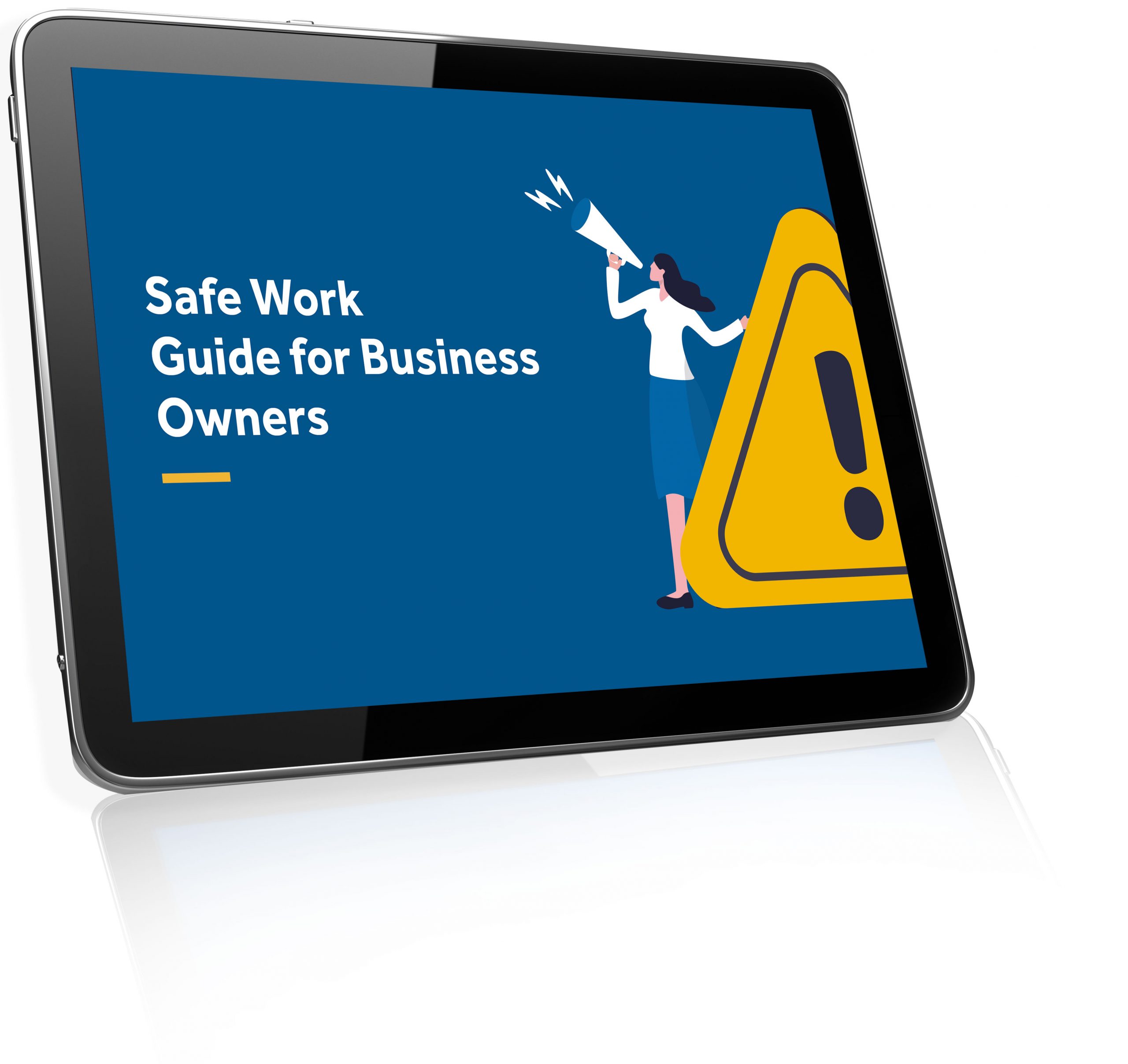
The Australian construction industry employs more than 625,000 people making it one of the biggest employers in the country. Data from MATES in Construction has shown that men in the construction industry are 53% more likely to take their own lives than other employed men across the country. After the past two years of turbulence, these numbers indicate a clear and urgent need to address mental health crisis in the construction industry.
More than 20% of workers in the construction industry are shown to have had a mental health condition. Why is the health and safety of construction employees drastically affected? What factors are contributing to a rapidly worsening mental health crisis? What can businesses do to create mentally healthy workplaces?
Statistics on the Poor Mental Health of Construction Workers
There has been a stigma and reluctance to approach mental health in the building and construction industry. Admitting to mental health challenges or discussing workplace mental health came with negative repercussions and a lack of support. While the stigma still exists, efforts have been made to destigmatize mental health conversations. Many organisations have been leading research-backed conversations around the topic. Here are three noteworthy statistics from leading organisations about the mental health crisis in the building and construction industry:
Australia loses one construction worker every two days to suicide– which adds up to more than 190 suicide cases in the construction industry.
Apprentices in construction are two and a half times more likely to die by suicide than other young men their age
Men are at much greater risk of suicide than women and 87.1% of construction workers are men.
Research conducted about male-dominated industries has suggested that workers in the construction industry may have elevated prevalence rates of mental health conditions such as depression and anxiety. National suicide rates continue to be unacceptably higher among construction workers compared to other industries. There is some evidence of decline and in some states, there may be a narrowing of the disparity between construction and non-construction employees. However, this reduction is not happening at a desirable pace and supporting mental health and suicide prevention should be a key concern for employers and decision makers. We are losing smart and talented individuals due to a veritable lack of support and resources and the time to act is now.

The Cost of Mental Ill Health
Australian businesses lose $10.9 billion annually by neglecting mental health issues at the workplace. Other than monetary costs, businesses suffer as productivity gets affected, morale takes a hit, and workplaces get impacted by mental ill health.
Families have to exist with the torment of living without their loved one, with some losing a substantial source of their household income.
Factors affecting mental health in construction
The inherent nature of the building and construction industry is fraught with complications. A job that requires employees to be present 6-7 days a week and work long hours doesn’t really make for a recipe for good mental health. The work environment may change every single day and this change can be difficult to cope with. Construction management also prefers giving lump-sum, fixed-time contracts which can increase the pressure around getting the job done.
The risks of workplace accidents and injuries impact work health and safety of employees. Workers also feel their mental wellbeing takes a hit since they can’t spend a lot of time with their families and loved ones. They miss important events and moments creating a sense of emotional detachment and loneliness. Mental health issues are further exacerbated by the toxic and masculine culture of the construction industry. Being vulnerable leads you to potentially being mocked or bullied. The lack of support and training around mental health awareness also forces workers and staff to potentially indulge in substance abuse, alcohol, drugs or gambling. Lastly, banter among workmates in the male dominated industry can sometimes cross the line- it can turn into bullying. This is an issue most apprentices experience in most cases.
Job security is a huge issue among construction workers. With most projects being transient, workers have to work on a project-by-project basis. While some projects can continue for years, others last a few weeks. Workers with dependants to feed and bills to pay often have to worry about whether they will get another project to help sustain themselves.
Most clients are typically looking to cut the cost of their construction projects. This bid to cut the cost often trickles down to the workers’ paycheque. If a company doesn’t bid low, the chances are that they might lose the project to a competitor. Unlike a good portion of self-employed workers, those working under specific companies tend to enjoy some form of protection from these issues. The companies work overtime to cater to the rights of their workforce. However, this protection isn’t always guaranteed to the construction subcontractors.
How to Change This Mental Health Narrative
Construction businesses and employers need to overhaul their workplaces and work culture. They must create an environment where construction workers can speak up about their struggles to the mates they trust and get the support they need. If possible, these companies can provide departments for counselling their employees and focus on building a mentally healthy workplace.
Educate your staff- Changing the narrative requires awareness and education. A mentally healthy workplace is where you create a safe zone for your employees and tell them it’s okay to not be okay.
Offer resources and support- What do your employees need to work towards better mental health? What do they lack? Is it time off, or flexibility, training or support in mental wellbeing?
Collaborate with experts- A lot of organisations are working towards improving mental health and suicide prevention. Programs like the Mates in Construction are created for this specific purpose. Such companies can provide invaluable insights and resources on how to approach the mental health problems among any workforce. The mental health training will arm workers with the skill to identify a colleague that is struggling and speak to them. This can be especially helpful for people who struggle to reach out.
Mental Health Policy- The mental health of your workers determines the success and efficiency of your business. Having a mental health policy that establishes expectations, behaviours, and promotes wellbeing of staff can go a long way in protecting you and your staff.
Consider flexibility- Traditionally, the construction industry has been hesitant to consider flexibility as an option. Studies around a 5-day working week for construction workers have shown negligible costs to employers, greater productivity, engaged employees, and organised worksites. Men are less fatigued and more engaged because they get valuable time off and opportunities to rest and recover which leads to better mental health.
Work-life balance- For a long time, the construction industry has thrived on hustling and working extremely long hours while sacrificing mental health and wellbeing. Slowly we are taking a step back and questioning the way things have been. Reduced work hours improved the mood and general wellbeing of employees, leading to strong mental health.
Peer Support- Encourage your staff to keep in contact with an affected worker or someone impacted by mental illness at work. They can visit them at home, message or call to check-in. This will help the worker feel they are loved and wanted at the workplace.
Return to Work Plan- If a worker is returning to work after a sabbatical or a break due to mental illness, develop a suitable return to work plan. This should include easing them in slowly and inform their team members so they understand what is expected and can support the worker effectively.
Change has begun with many in the industry questioning the toxic culture and lack of support. Business owners are also raising concerns about the impact poor work health has on their employees and their workplaces. To help support construction companies and owners, we have created resources to raise awareness about mental health in the workplace.
This document is intended to act as general information. If you need help, please contact a qualified medical professional.
Beyond Blue: 1300 224 636
Lifeline: 13 11 14

Need WHS Advice?
We can assist you with free, initial advice on any WHS question you may have.
